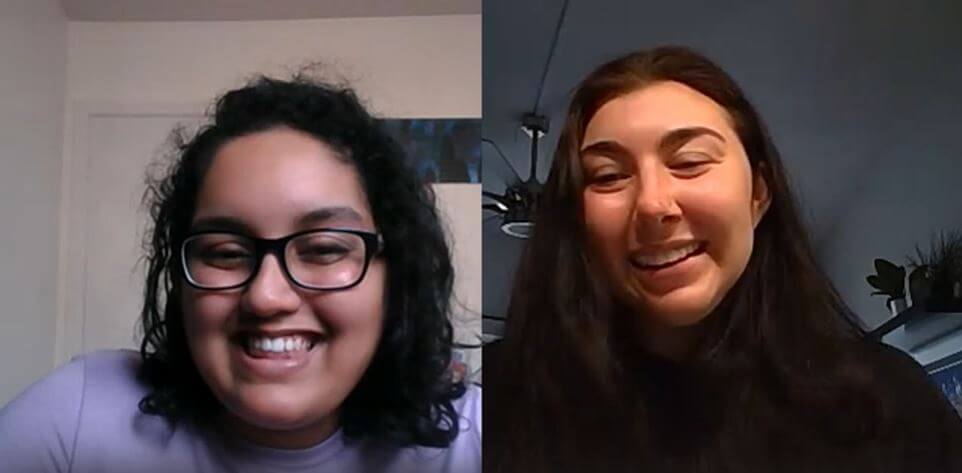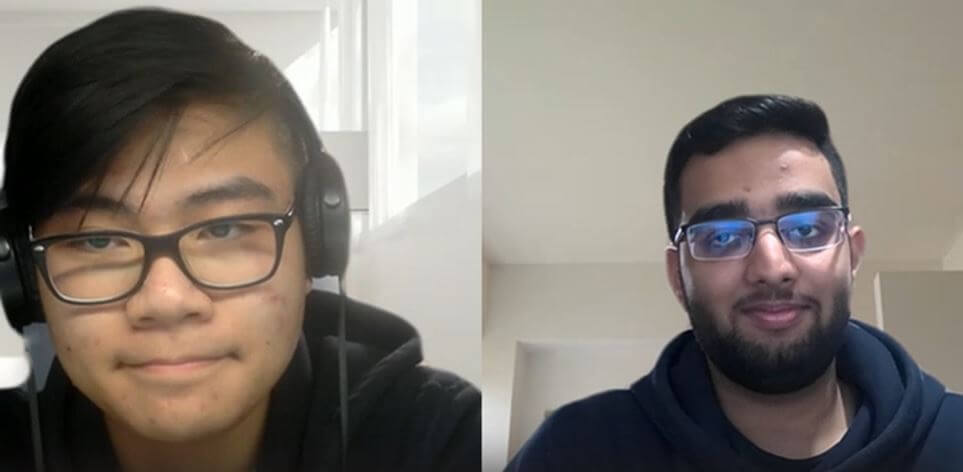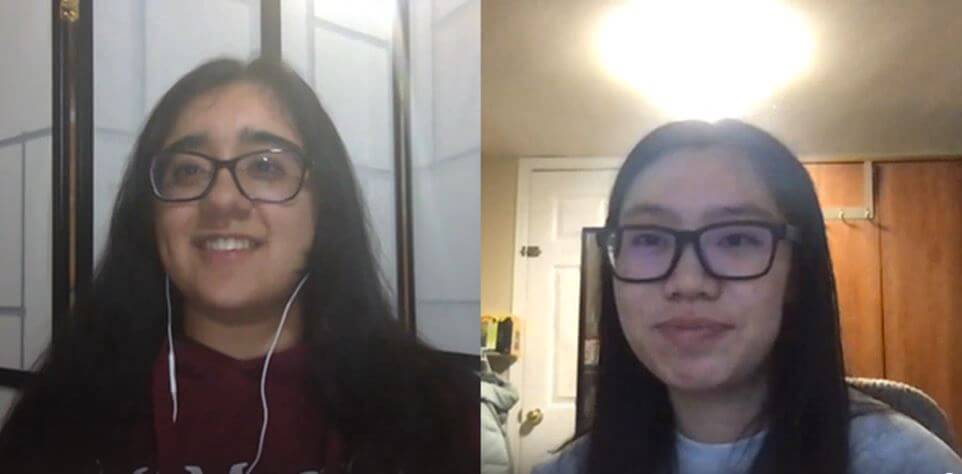By: Allan Mathews and Jayco Cheng
A peer-to-peer conversation about career-ready skills
Get career ready by learning from your peers.
Allan Mathews (interviewer) is a third-year Science (Life Sciences) student who works as a career peer at the Student Success Centre. Jayco Cheng (interviewee) is a third-year Science (Life Sciences) student who is currently job searching.
Note: The following text content is not a complete interview transcript. Some edits and cuts have been made for readability and clarity.
Students often feel their experiences need to be directly related to a career to have value. But employers value skills that can be developed from a range of experiences. Can you share an example of an experience that wasn’t related to a career but helped you develop a career-ready skill?
An example I can give is, I joined this very very small club — it’s called the Human Book collection — and in that very small group we have individuals that are very like minded. I think, often people overlook the value of [club] experiences. I know when I joined, I did. [You] learn to appreciate the things you gain from these experiences afterwards. We were a very small group of people, and this year, we’re growing and we’re growing. What I took away from that experience is that, because you have such a small group, and when you want to plan events, there are a lot of things you have to do on your own.
So, [there are] two things that I would say I developed. The first one would be collaboration. When you’re working in a small group, it’s so essential that you collaborate. Everyone knows what everyone is doing. You’re collaborating, you’re making sure everyone’s on track. You’re looking after each other, and you get to develop teamwork and collaboration, a trait that you might not have been able to do it [if] you tried to force yourself into an experience that’s directly related to your field.
The second [skill I developed] was leadership. When you have a small group of people, everyone is kind of the leader. You need to take responsibility over your roles, and you need to be held accountable for them. Thus, you’re kind of hitting two birds with one stone. You’re getting that collaboration, the collaborative skill, and you develop leadership [as well].
I think that the reason why some people may think you need to have a directly related experience is because they think that [employers] look at technical skills versus transferable skills. The reason why [transferrable skills] are valuable is in the name — it’s transferrable. It doesn’t matter what you do, you can still apply [the skills].
Due to the pandemic, we have been forced to adapt to new environments. Which career-ready skills have you been forced to develop or use more as a result?
I think the one [skill] that I’ve been forced to use and, as a result, develop is career management. I think it’s so important during these times to identify one’s goal. [Whether] it’s a long-term goal or a short-term goal, I think it’s important that people identify such goals so that you can make a plan to execute your goals.
The reason why I say that this is a skill I’ve been forced to use is [because], during COVID-19, many people [have been] stripped away from their opportunities — either current opportunities or perspective opportunities. You need to figure out what is your goal and what’s a way you can achieve that goal under all these circumstances.
The reason why [many opportunities have been] stripped away is because certain jobs or certain roles, certain opportunities, are not considered essential. So, to find [new] opportunities, it’s going to be harder. Normally, say you get five interviews — you might get one offer. But maybe now you need 10 interviews [to get] one offer. So it’s important people not lose hope and be perseverant too. Work towards your goal, and don’t get distracted by other people’s progress [or] other people’s goals.
Check out all the Career-Ready Conversations






Check out the Career-Ready Conversations tag to access all the interviews. And here are some ways to get thinking about career readiness and start developing your skills.
- Career-Ready Skills (PDF tip sheet)
- Experience building (programs, services and more)
- Global opportunities (intercultural programs)
- Big Interview (mock interview tool)
- McMaster Students Union (more than 300 clubs and services)
- Lyons New Media Centre (technology services and digital resources)
- LinkedIn Learning (skills development courses)